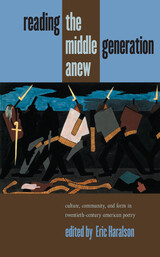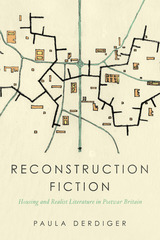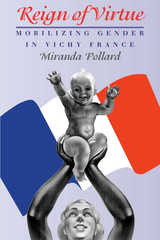Eleftherios Venizelos: Greece
Haus Publishing, 2010
Cloth: 978-1-905791-64-4 | eISBN: 978-1-907822-33-9
See other books on: Dalby, Andrew | Greece | Presidents & Heads of State | Wars & Conflicts | World War I
See other titles from Haus Publishing
Cloth: 978-1-905791-64-4 | eISBN: 978-1-907822-33-9
ABOUT THIS BOOK | AUTHOR BIOGRAPHY | TOC
ABOUT THIS BOOK
The Greek Prime Minister Eleftherios Venizelos (1864–1936) was one of the stars of the Paris Peace Conference, impressing many of the Western delegates, already possessed of a romantic view of 'the grandeur that was Greece', with his charm and oratorical style. He won support for his country's territorial ambitions in Asia Minor, the 'Great Idea' of a revived Hellenic empire controlling the Aegean and stretching to the Black Sea. Venizelos had won this support by bringing Greece into the war on the Allied side, but in doing so he had split his country, and in order to secure his government's position he had to deliver territorial gains at the expense of the Ottoman Empire. It was the Greek occupation of Asia Minor, however, that spurred the Turks to support Mustafa Kemal and resulted not in the creation of a Greater Greece but the modern Republic of Turkey. The conflict between Greece and Turkey began the tension between the two states that has continued for the past 90 years and is most clearly seen in the dispute over the divided island of Cyprus. The Paris Peace Conferences were where the modern Near East, with all its problems of competing nationalisms and ethnic divisions, was created, and Venizelos's Greece was the key player in this process.
See other books on: Dalby, Andrew | Greece | Presidents & Heads of State | Wars & Conflicts | World War I
See other titles from Haus Publishing












